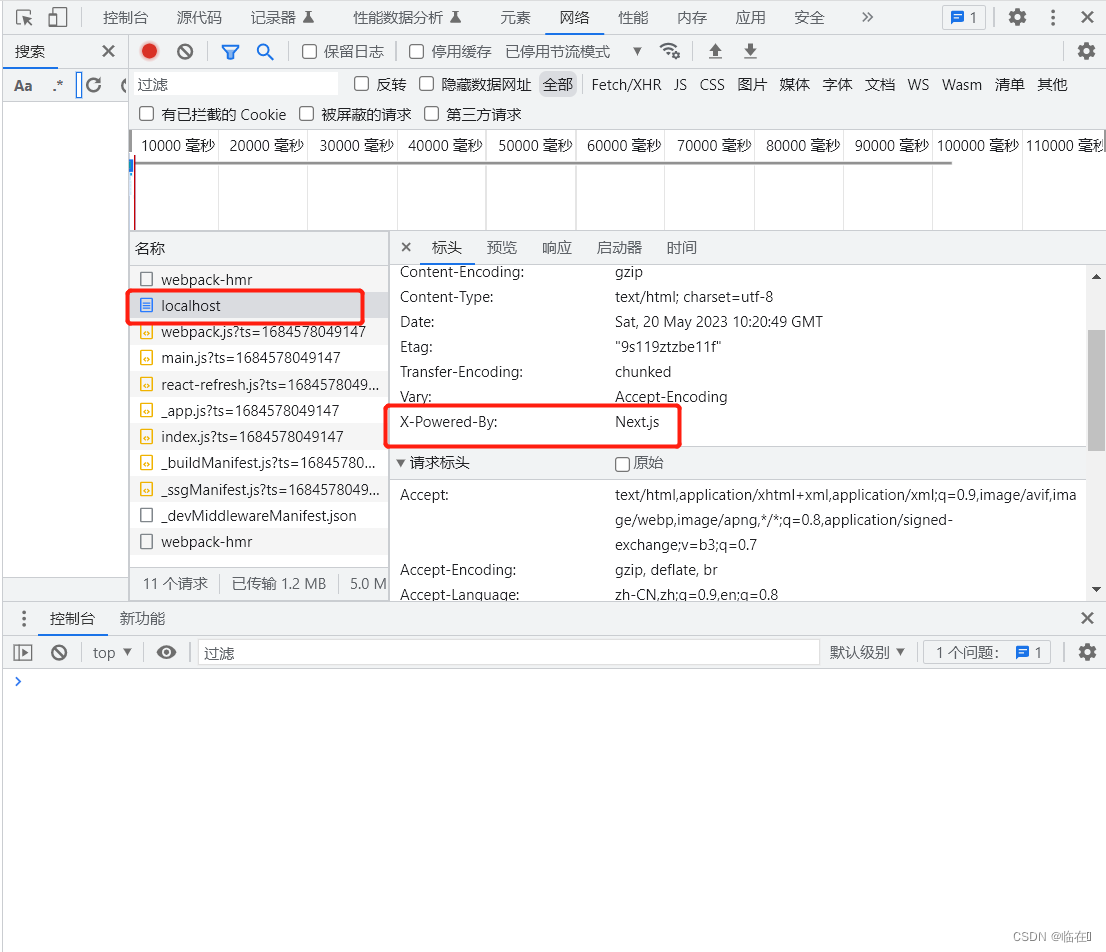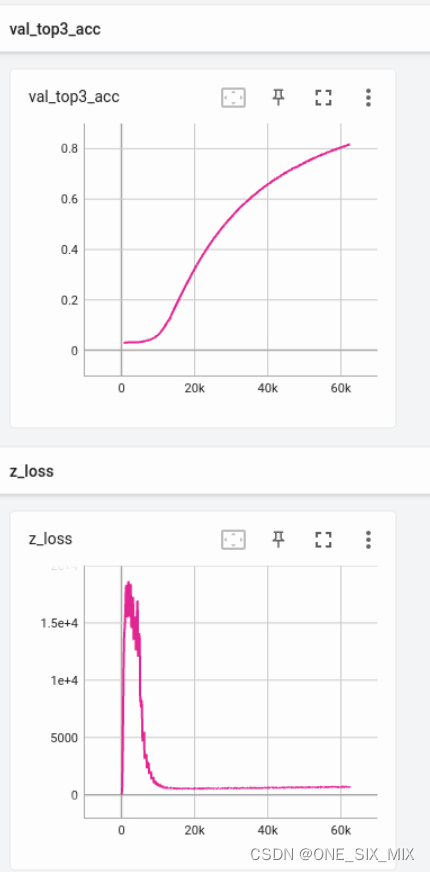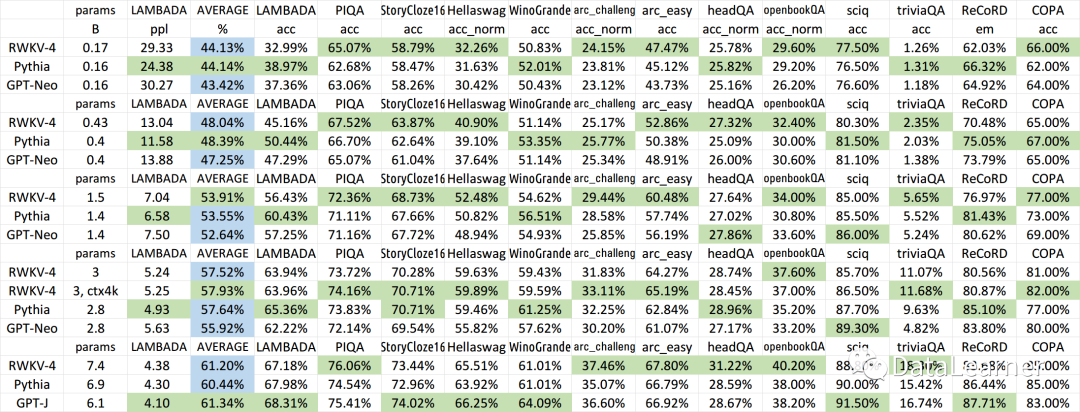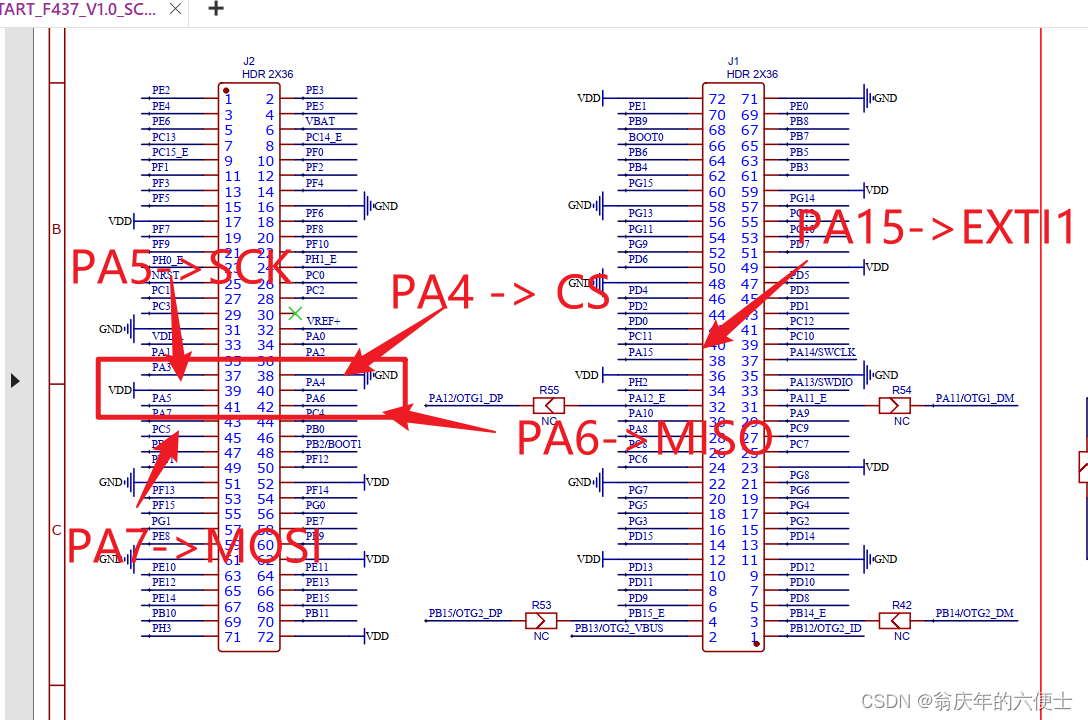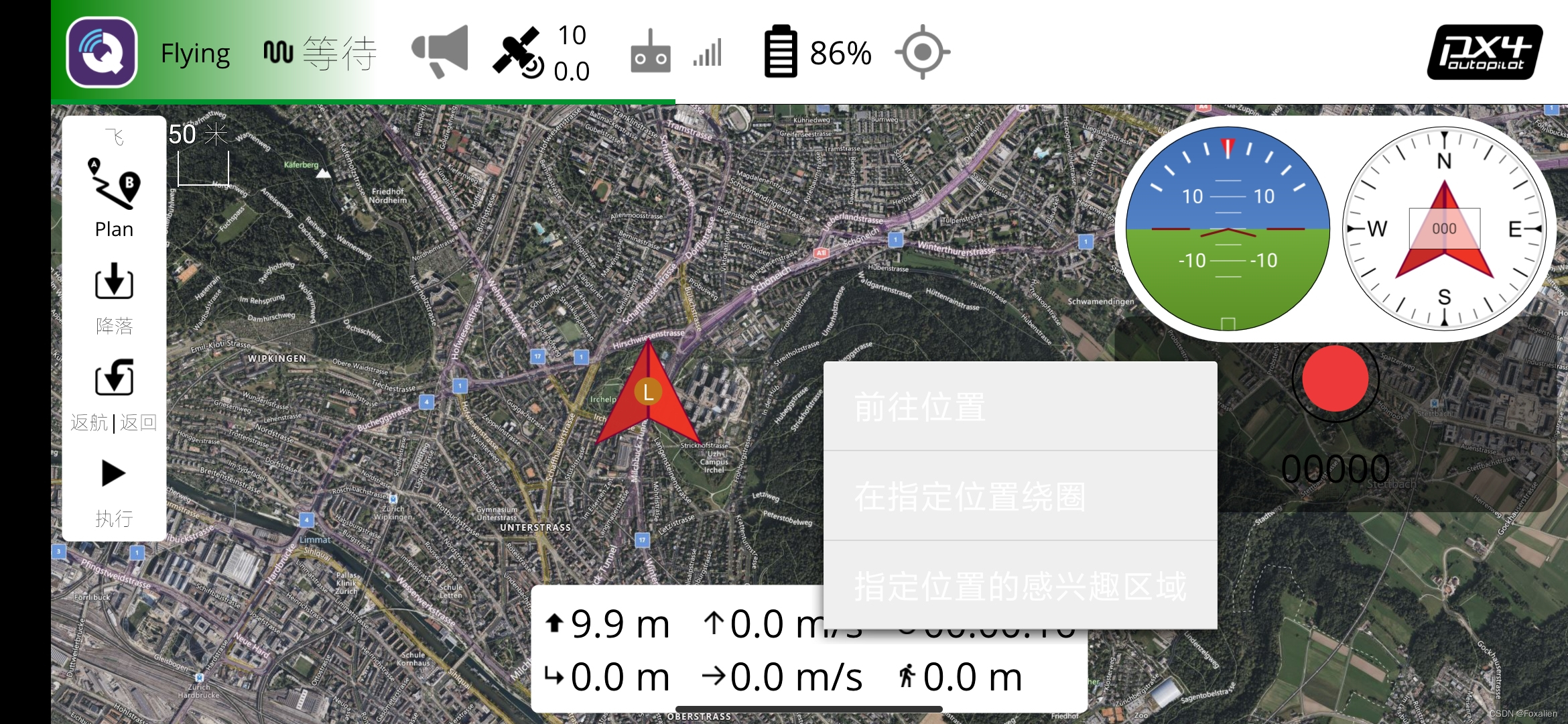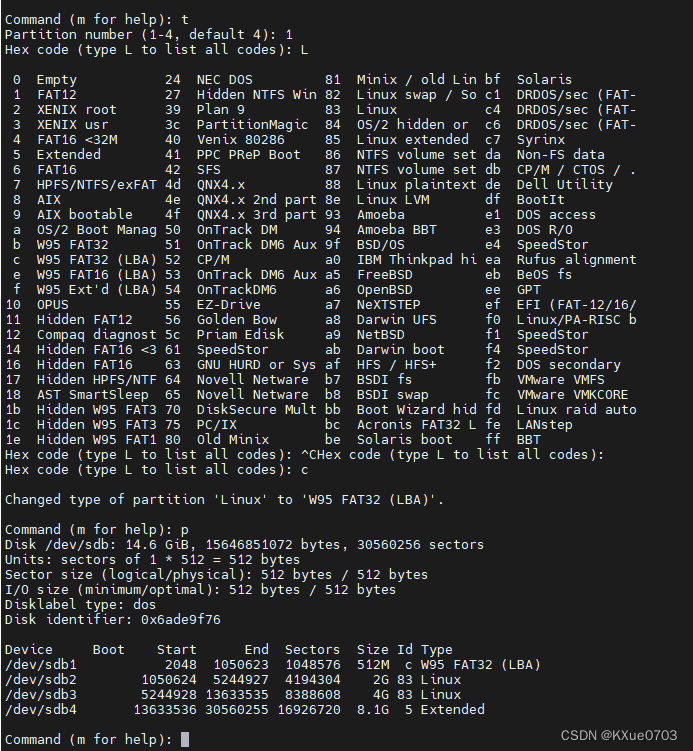English Learning - L3 作业打卡 Lesson3 Day15 2023.5.19 周五
- 引言
- 🍉句1: We present more expressions about food.
- 成分划分
- 连读
- 爆破
- 语调
- 🍉句2: They are from Elenir Scardueli, a listener in Brazil.
- 成分划分
- 弱读
- 连读
- 语调
- 🍉句3: My mother always told us “there is no use crying over spilled milk”.
- 成分划分
- 连读
- 爆破
- 语调
- 🍉句4: That means you should not get angry when something bad happens and cannot be changed.
- 成分划分
- 弱读
- 爆破
- 语调
- 💡督导问问:
- 1.present 这个单词同时具有动词、名词、形容词词性,应用非常广泛。你能在众多释义当中准确找到它的核心含义,并且熟练的运用吗?
- 2.老外整天说get这个get那个,get 能搭配出的实用表达足够装满一火车,快拿出词典吧~
- 3. L1 所讲的 “动名词的特定句型” 还有哪些?
- 📅明日计划
- 🙆【导导摸摸头】
引言
⏰打卡时间:2023.5.19(周五) 6:00-17:00
训练技巧顺序:
【完全听写法】➡️【车轮法】➡️【影子跟读法】
⏱【练习时间】60 mins
🍉句1: We present more expressions about food.
/wi ˈprɪ’zent mɔː ɪksˈpreʃənz əˈbaʊt fuːd/
语音现象描述+自身问题总结:
(连读、重读、弱读、浊化、断句、语调等)
成分划分
今天我们将介绍更多关于食物的表达

连读
expressions about-》ɪksˈpreʃənzə
爆破
about food 谦让型爆破
语调
Present,food 降调
🍉句2: They are from Elenir Scardueli, a listener in Brazil.
/ðeɪ ə frɒm (Elenir) (Scardueli) ə ˈlɪsnə ɪn brəˈzɪl/
语音现象描述+自身问题总结:
(连读、重读、弱读、浊化、断句、语调等)
成分划分
由巴西听众 Elenir Scardueli 提供。

弱读
Are-》ə
a-》ə
连读
They are-》ðeɪjə,注意 j 连接音
语调
listener ,Brazil 降调
🍉句3: My mother always told us “there is no use crying over spilled milk”.
/maɪ ˈmʌðə ˈɔːlweɪz təʊld ʌs ðeə ɪz nəʊ juːs ˈkraɪɪŋ ˈəʊvə spɪld mɪlk/
语音现象描述+自身问题总结:
(连读、重读、弱读、浊化、断句、语调等)
成分划分
我妈妈常告诉我们 “不要为打翻的牛奶哭泣(there is no use crying over spilled milk.)。”

连读
told us-》təʊldʌs
there is-》ðeərɪz,注意连接音 r
爆破
spilled milk 谦让型爆破
语调
Always,milk 降调
Us 升调
crying over 降升调
🍉句4: That means you should not get angry when something bad happens and cannot be changed.
/ðæt miːnz jʊ ʃʊd nɒt get ˈæŋgrɪ wen ˈsʌmθɪŋ bæd ˈhæpənz ənd ˈkænɒt biː ʧeɪnʤd/
语音现象描述+自身问题总结:
(连读、重读、弱读、浊化、断句、语调等)
成分划分
我妈妈常告诉我们“不要为打翻的牛奶哭泣(there is no use crying over spilled milk.)。”

弱读
And-》ən
爆破
That means,should not,bad happens 谦让爆破
not get,cannot be 摆拍爆破
语调
Means,changed 降调
Angry 降升
💡督导问问:
督问答案会在每日打卡结束后,发至学习团
🌟 人生的某些障碍,你是逃不掉的。与其费尽周折绕过去,不如勇敢地攀越,或许这会铸就你人生的高点。之所以这么说,是因为再过不久,属于我们的好声音即将袭来! 想知道自己能被激发出多大的潜力吗? Good luck!
1.present 这个单词同时具有动词、名词、形容词词性,应用非常广泛。你能在众多释义当中准确找到它的核心含义,并且熟练的运用吗?
作为动词:
提出或展示:表示介绍、展示或提供某物。
“She presented her research findings to the audience.”
“He presented his ideas in a clear and concise manner.”
赠送或授予:表示给予或赠送某物。
“They presented him with a birthday gift.”
“The award was presented to the winner.”
出席或参加:表示出席某个场合或参加某个活动。
“She presented at the conference as a keynote speaker.”
“He will present at the meeting tomorrow.”
作为名词:
礼物或赠品:表示作为礼物或奖品给予的物品。
“He received many presents on his birthday.”
“The winner received a trophy as a present.”
演讲或介绍:表示正式演讲或介绍的行为。
“She gave a captivating presentation on the topic.”
“The presenter captivated the audience with his speech.”
作为形容词:
现在的或目前的:表示现在存在或进行的。
“He is present at the meeting.”
“The present situation requires immediate attention.”
当下的或当前的:表示在某个时间点或特定时期的。
“In the present century, technology has advanced rapidly.”
“We must consider the present circumstances before making a decision.”
导导答案:
讲真,present 这个词你能准确读出来吗?
present /prɪ’zent/ v. 给予;描述;陈述;出示
🌰 He was presented with a bottle of champagne. 有人送他一瓶香槟。
🌰 We’ll present the information using a chart. 我们将用图表来展示这些信息。
🌰 Our manager is due to present the report at the end of the month.
我们经理将于月底作汇报。
🌰 You must present your passport to the customs officer.
你必须向海关人员出示护照。
present /’prezənt/ n. 礼物;现在;目前;暂时
🌰 I’m looking for a present for Mark. 我在给马克选礼物。
🌰 The item you want is not available at present. 您想要的那件商品目前没货。
🌰 Stop worrying about the past and live in the present.
别再为过去烦恼,好好地过眼前的日子。
🌰 The company is still in business, at least for the present.
这家公司仍在运营,至少目前如此。
present /’prezənt/ adj. 存在;出席;(记忆)历历在目;现在(时间)
🌰 There were 200 people present at the meeting. 有 200 人出席会议。
🌰 At the present time we have no explanation for this.
目前我们还无法解释这件事。
🌰 The memory of her brother’s death is still present in her mind.
哥哥去世时的情景她仍记忆犹新。
2.老外整天说get这个get那个,get 能搭配出的实用表达足够装满一火车,快拿出词典吧~
获得或取得(获取):表示获取某物或得到某种结果。
“I got a new book from the bookstore.”
“She got a promotion at work.”
变得(变得处于某种状态或情况):表示状态或情况的变化。
“He got tired after a long day of work.”
“The weather is getting colder.”
开始或开始做某事:表示开始或着手进行某个动作或活动。
“Let’s get started with our project.”
“She got to work on her homework.”
理解或记住:表示理解或记住某事。
“I don’t get what you’re saying.”
“I got the information from the website.”
到达或抵达某个地方:表示到达或抵达某个目的地。
“They got to the airport just in time.”
“We got home late last night.”
接受或遭受:表示接受或经历某种事情或情况。
“He got a lot of criticism for his performance.”
“She got a cold and had to stay in bed.”
说(某种语言):表示说某种语言。
“She gets English and French fluently.”
“He gets the local dialect.”
导导答案:
get 这列火车实在太长了!
所以,这里只列出get 的一些常用表达,具体使用查字典吧!
get by/get in/get on/get up/get off/get out/get away/
get back/get down/get over/get about/get along/
get ahead/get around/get across/get behind……
3. L1 所讲的 “动名词的特定句型” 还有哪些?
A. It is no good/use doing
B. there is no point (in) doing
C. have difficulty/trouble/problem/a hard time (in) doing
D. 情不自禁: can’t help doing/can’t hold back from doing
E. be worth doing
📅明日计划
复盘 L3 第三节课所有内容,
跟读句子朗读
完成第二天的作业
🙆【导导摸摸头】
不要患得患失,太在意昨天,又太担心将来。
昨天是段历史,明天是个谜团,而今天是天赐的礼物,要像珍惜礼物一样珍惜今天。
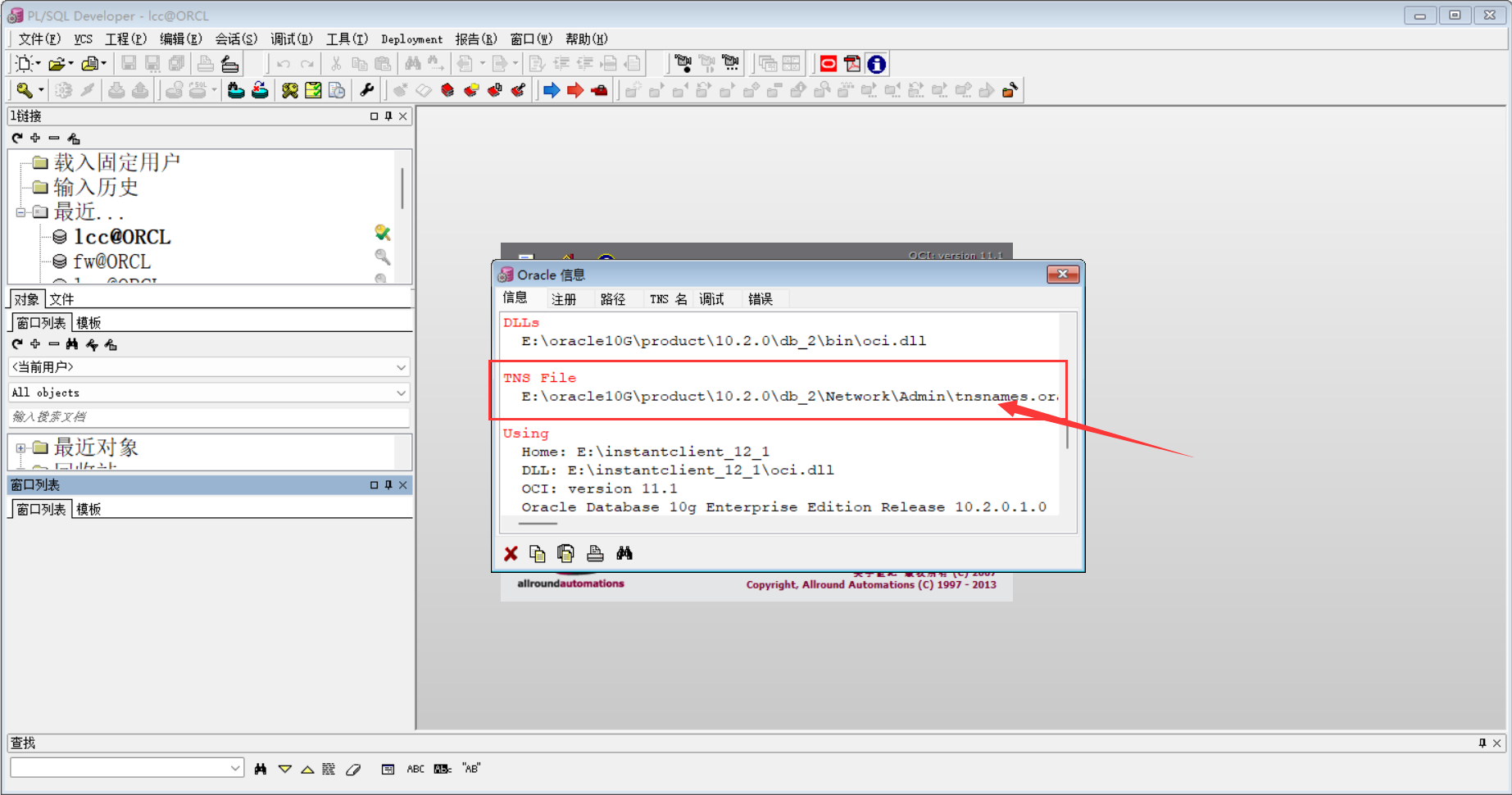
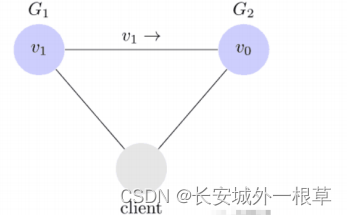
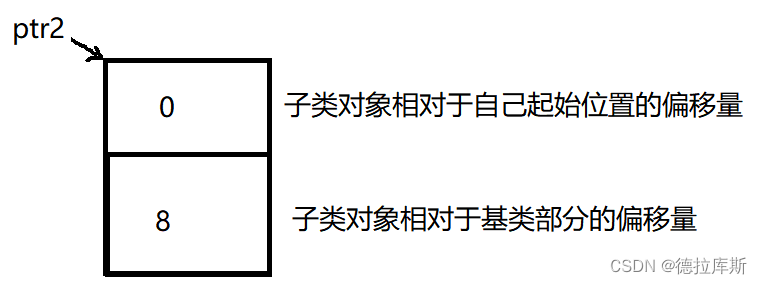

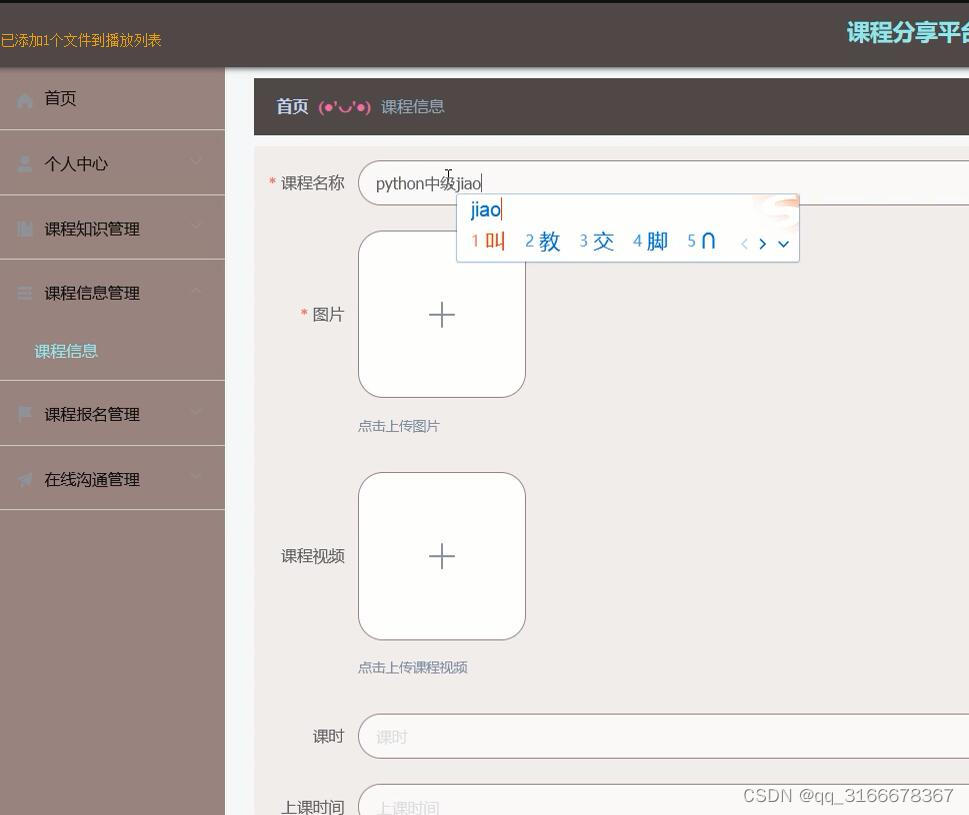



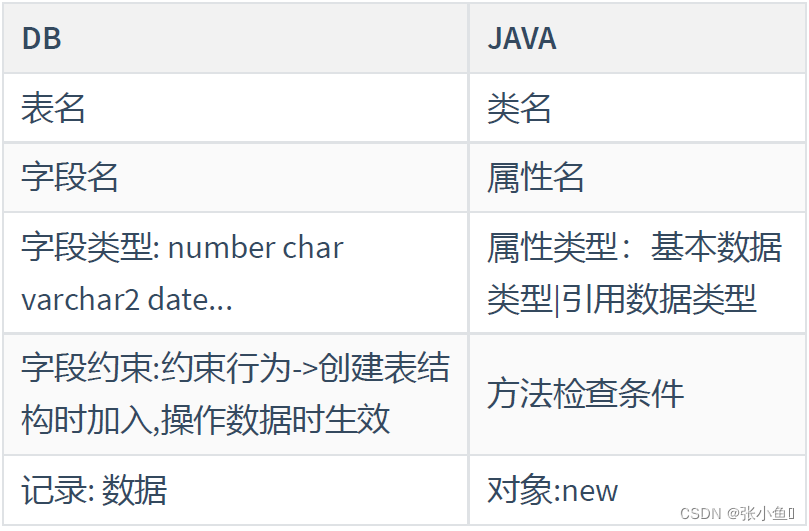
![[比赛简介]Predict Student Performance from Game Play](https://img-blog.csdnimg.cn/bd3f7b2f44e348ad8659b82c2911abca.png)
